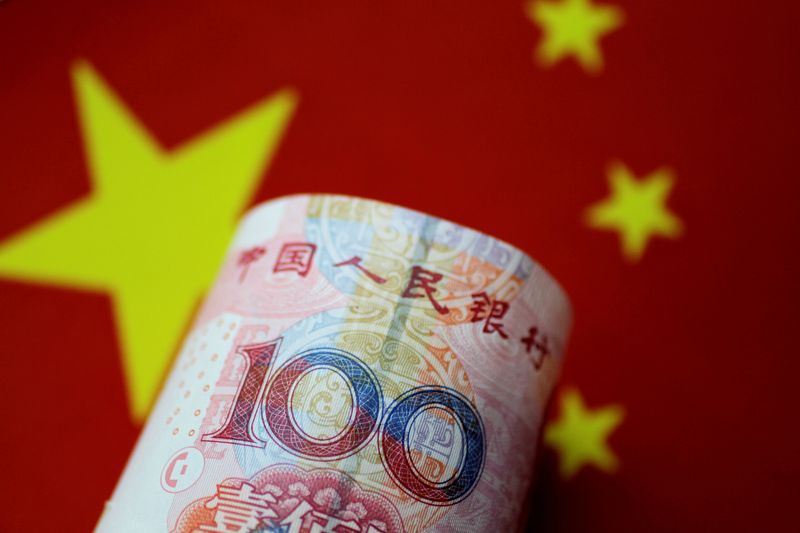Two meals for $1: Why China's youth are not spending
NegativeFinancial Markets

Amidst rising economic uncertainty, young people in China are significantly reducing their spending habits. The trend is exemplified by the choice of meals costing just $1 for two, reflecting a shift in consumer behavior driven by financial concerns. This phenomenon is not isolated; it connects to broader economic conditions affecting youth across the nation. As young consumers tighten their budgets, the implications for the economy could be profound, potentially leading to decreased demand for goods and services. The situation underscores the need for policies that address the financial challenges faced by this demographic, as their spending habits are crucial for economic recovery.
— via World Pulse Now AI Editorial System







